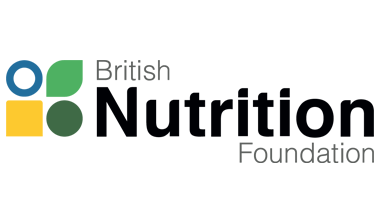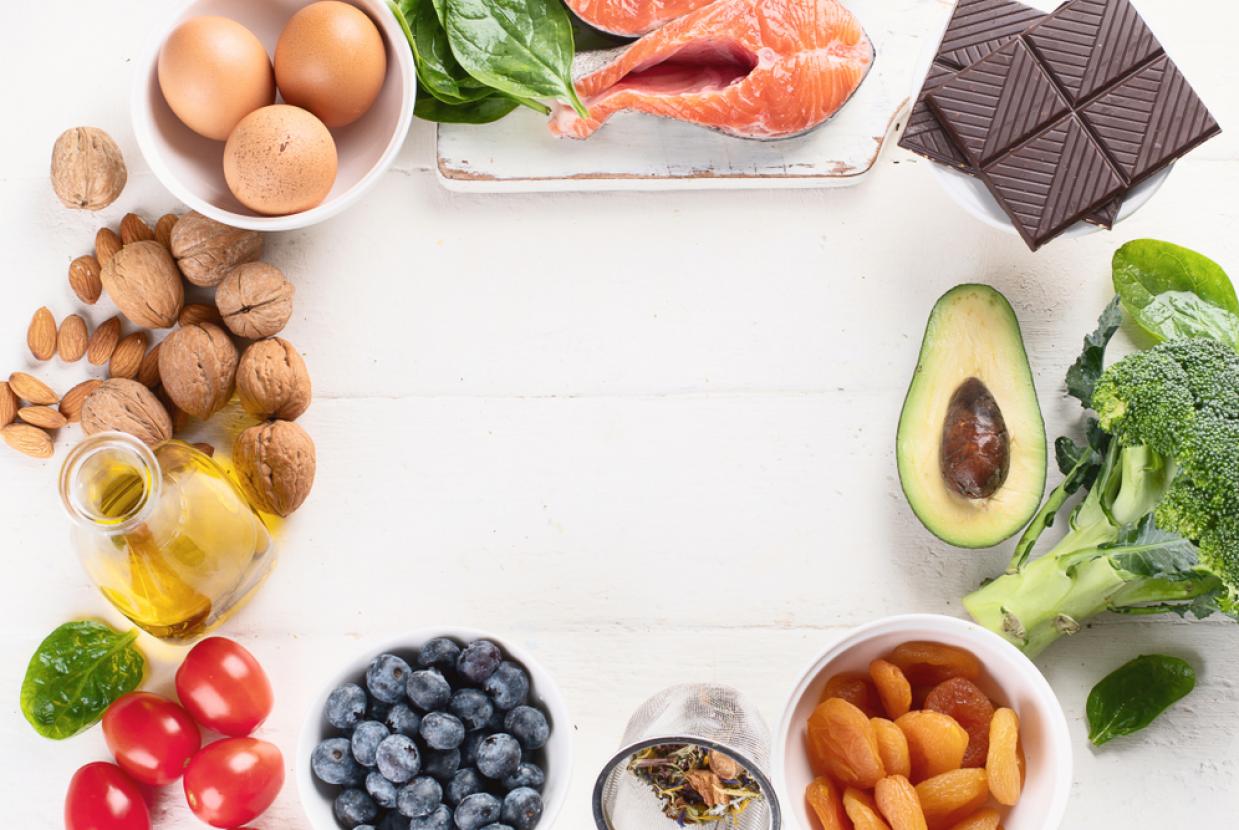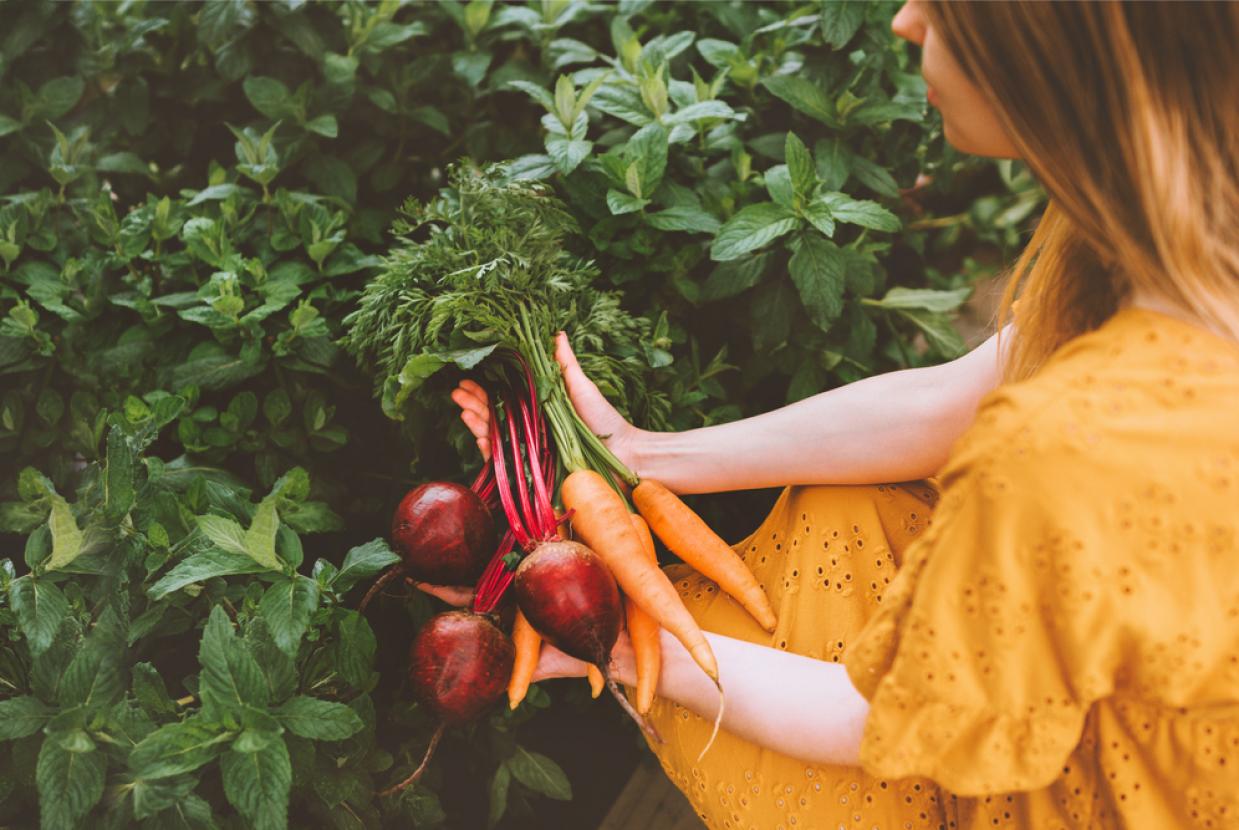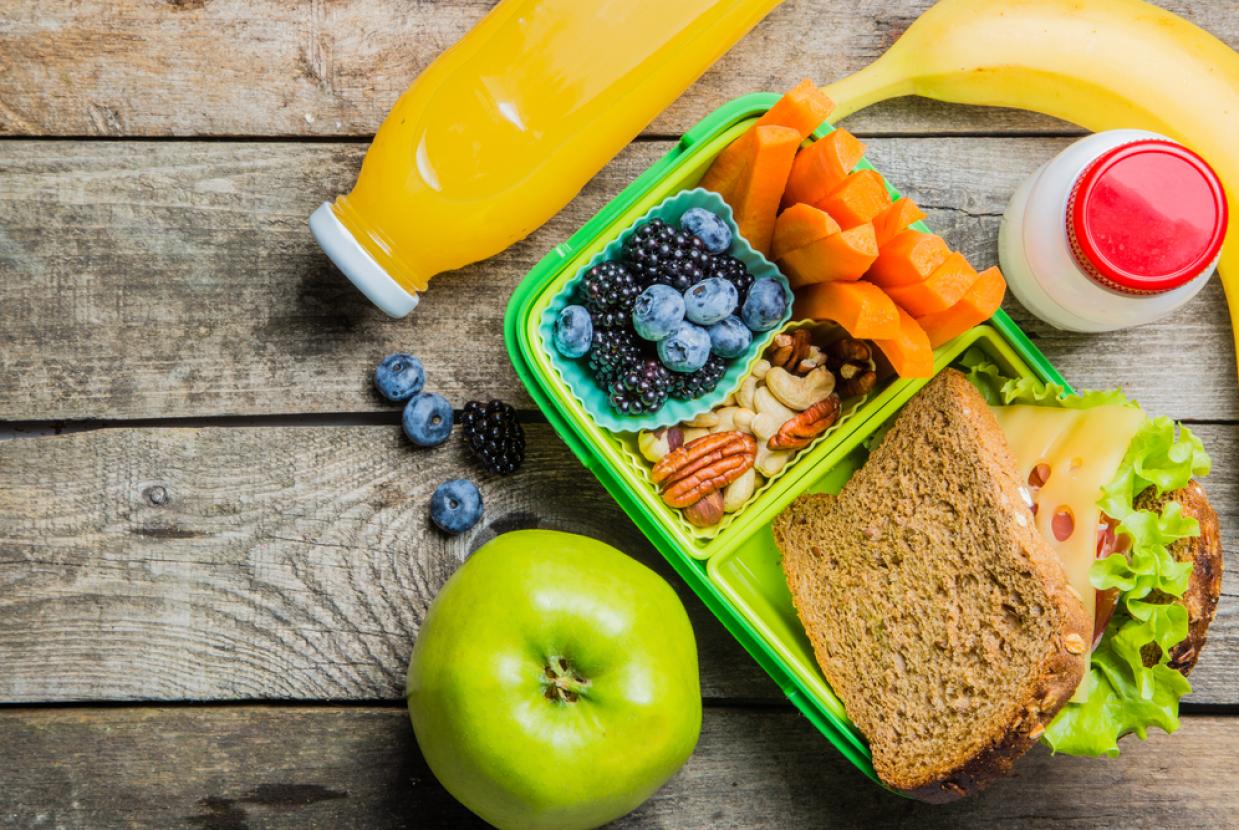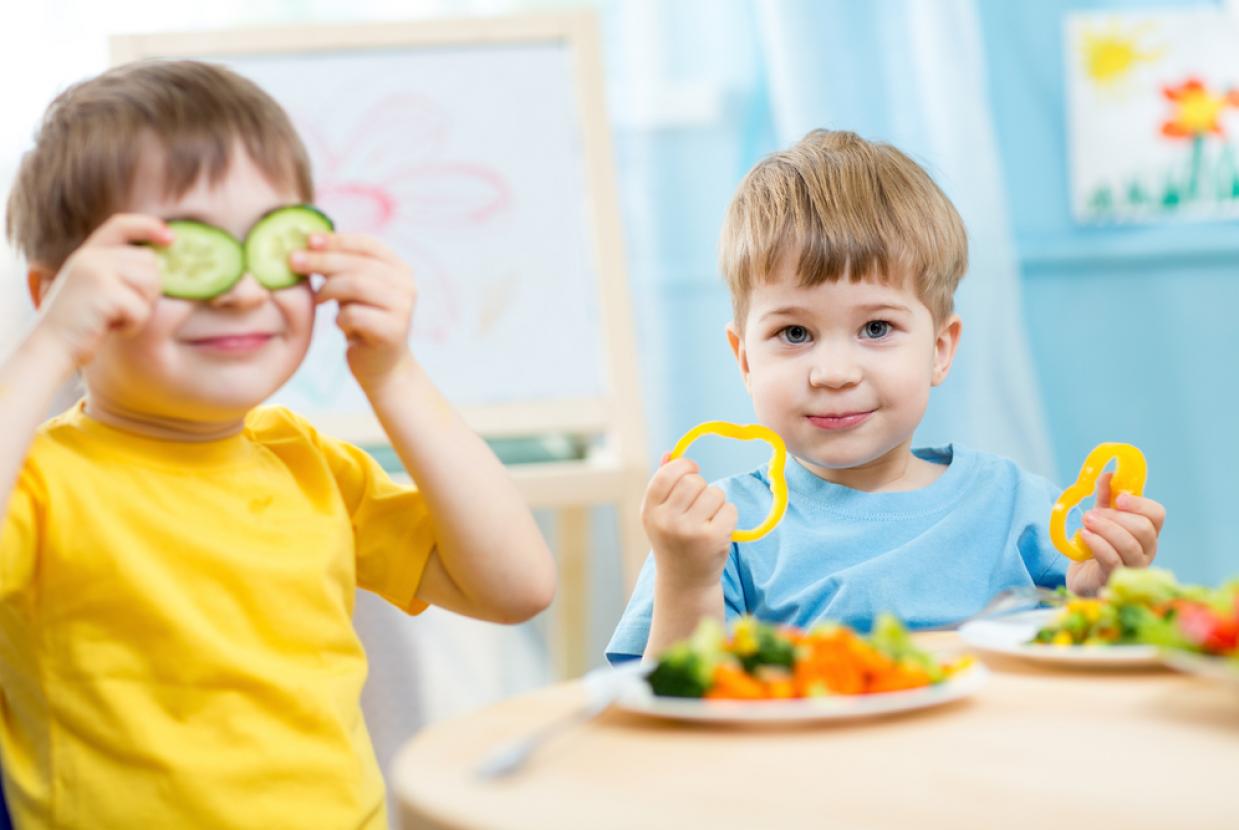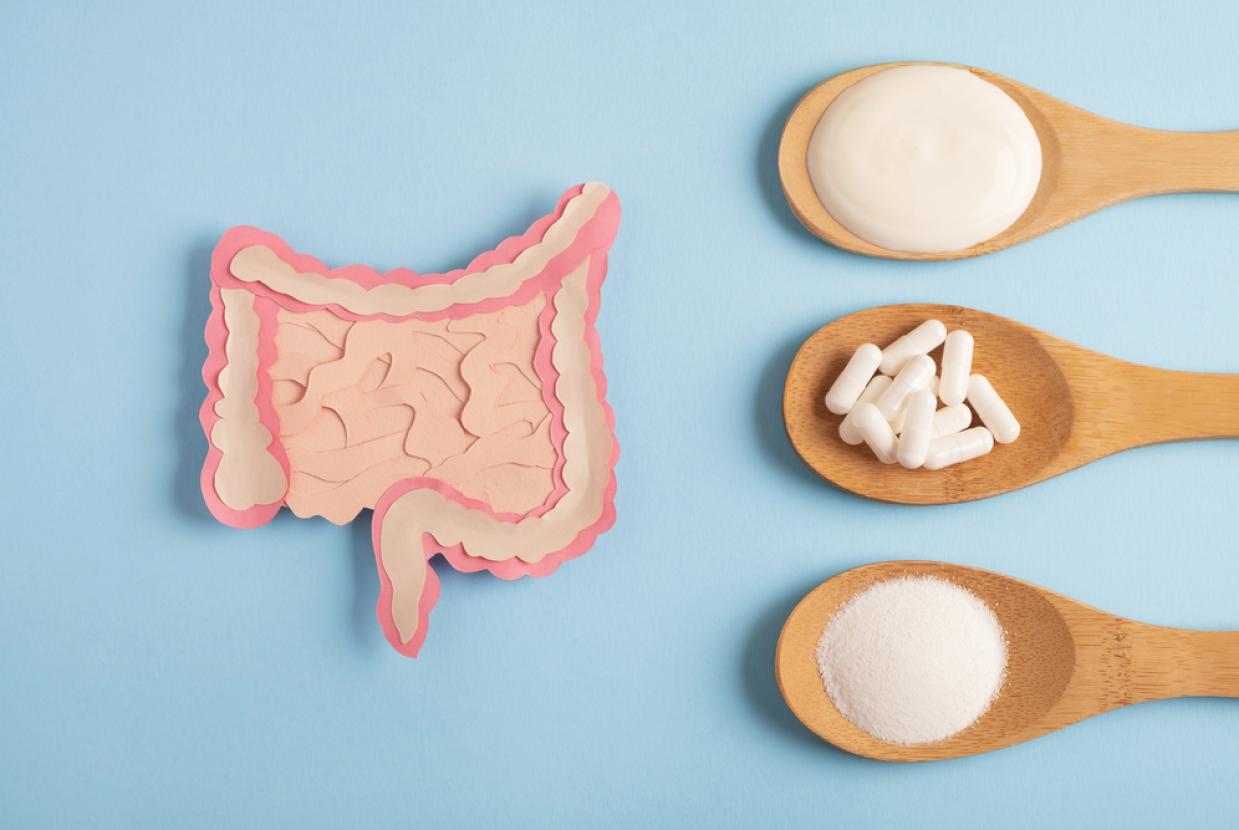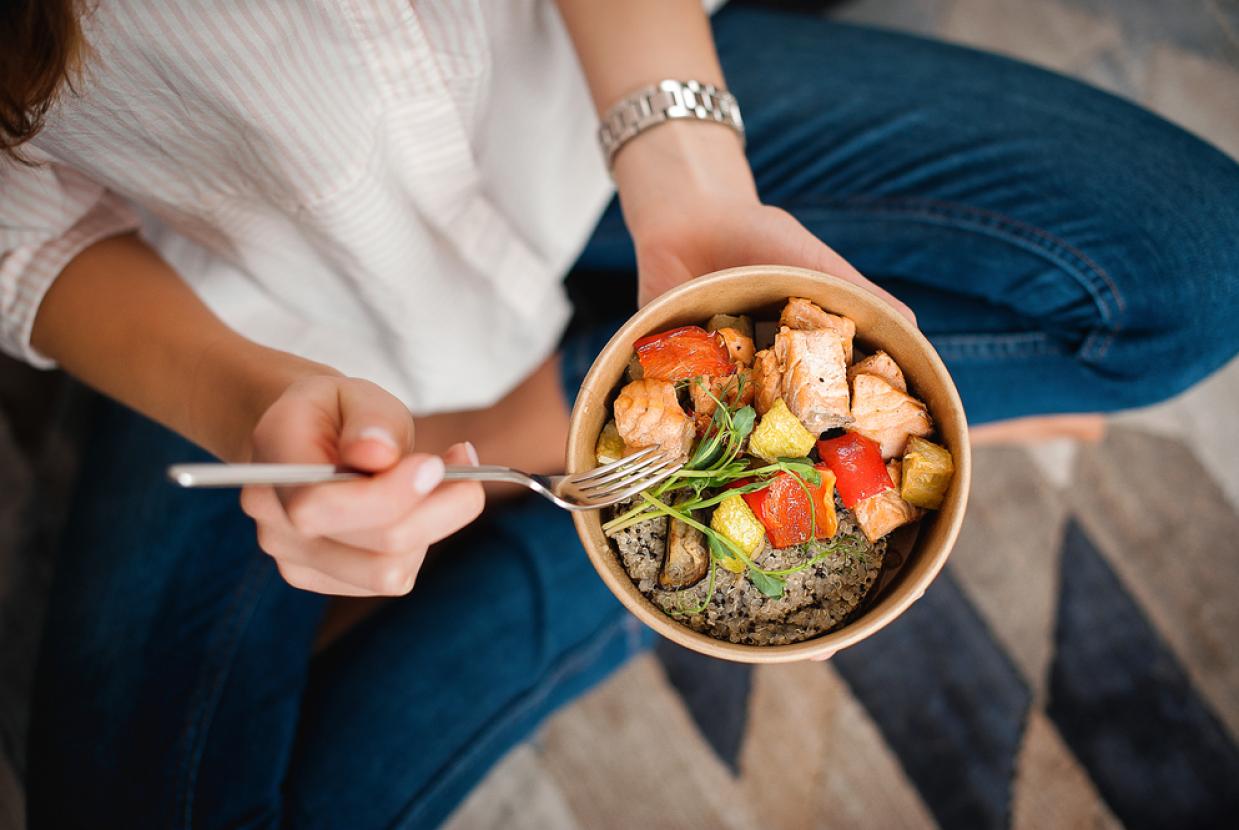Healthy Eating Week: Eating Healthily & Sustainably
Healthy DietWe aim to give people access to reliable science-based information to support anyone on their journey towards a healthy, sustainable diet. In this section you can read about some general principles we can all follow to aim for a healthier and more sustainable diet.
The need to change how we produce and consume food
There is widespread recognition that we need to transform our current global food system to improve both human and planetary health. Poor quality diets are responsible for 1 in 5 deaths worldwide, and malnutrition in all its forms (including both under- and over-nutrition) remains a major public health concern. At the same time, food production is considered one of the main drivers of global environmental change (including climate change), although a third of the food produced for human consumption is wasted or lost in the supply chain.
We are also faced with the challenge of feeding a growing population. Coupled with rising incomes in developing nations, it is estimated this will require a 50% increase in current levels of food production by 2050 to keep up with demand. The question of how we can continue to produce more food with fewer resources, such as land, water and fuel, while improving human health, is one of the greatest challenges facing humanity in the 21st century and is central to the concept of a diet that is both healthier and more sustainable.
The following sections outline the practical steps that can be taken in high-income countries like the UK to eat in a healthier and more environmentally sustainable way. A PDF document is also available as a download (see the bottom of this page), which provides a more detailed explanation of the science behind how global food systems need to change to support sustainable food production and consumption and improve human health.
How to eat more sustainably
The complexity of the issues surrounding sustainability of the global food system appears to make it almost impossible for us to know, at the point of picking up a food item in the supermarket, what its impact on the planet to date has been. However, there is enough evidence to support some general principles that we can adopt in countries such as the UK to eat more sustainably, as well as healthily.
1. Eat a more plant-rich diet by following the Eatwell Guide
In the UK, the Eatwell Guide is designed to help all those aged over 2 years of age to eat a healthy, balanced diet. The Guide was launched in 2016 by Public Health England, following changes to the previous iteration of the model (the Eatwell Plate) to meet revised recommendations on free sugars and fibre, while minimising the need for significant changes to existing dietary habits (based on data from the National Diet and Nutrition Survey).
The Eatwell Guide recommends a plant-rich dietary pattern, predominantly composed of plant-derived foods, including:
- Plenty of starchy foods (such as bread, potatoes, rice and pasta), preferably wholegrain and higher fibre versions, as well as at least five portions a day of a variety of fruits and vegetables. Together, these should make up just over two-thirds of the food we eat.
- An emphasis on a diverse range of protein-containing foods that is balanced towards more plant-derived options, such as beans and other pulses (like lentils), nuts and seeds (and foods based on these), in place of some animal-derived sources such as lean meat/poultry, alongside some eggs and lower-fat and lower-sugar dairy foods (or alternatives).
- Two portions of ‘sustainably sourced’ fish (140g each) per week, one of which should be an oily fish (such as salmon and mackerel).
- A small amount of unsaturated oils and spreads.
- Limited amounts of foods and drinks high in fat, salt and sugar (including cakes, chocolate, sweets, biscuits, sugars-sweetened drinks, crisps), which are not needed in the diet, and if eaten should be included less often and only in small amounts.
2. Eat at least five portions of fruit and vegetables a day
Fruit and vegetables are a good source of important vitamins, minerals and fibre. Eating at least five portions (80g each) of a variety of fruit and vegetables each day can help to reduce the risk of heart disease, stroke and some types of cancer.
Fruit and vegetables also tend to have a lower environmental impact in terms of greenhouse gases and land use than some other types of food. The National Diet and Nutrition Survey (NDNS) indicates that on average only a third of UK adults (33%) currently meet the 5 A DAY recommendation. The proportion of children and adults meeting the recommendation has also not increased significantly during the 11 years of the NDNS rolling programme (between 2008 and 2019; except for women aged 19-64 years). Therefore, finding ways to get more fruit and vegetables into our diets is likely to have health and environmental benefits. However, it is important that efforts to increase fruit and vegetable consumption do not lead to higher levels of food waste, as fresh vegetables and salad are the most highly wasted type of food in UK households, accounting for 28% of edible food waste by weight.
3. Diversify and shift the balance of protein intake towards plant sources
Meat is a good source of protein and provides essential vitamins and minerals, such as iron, zinc and vitamin B12, but it also typically has a higher environmental impact than plant-derived protein foods. It is recommended that individuals consuming on average more than 90g/day of red and processed meat (cooked weight) should cut down to no more than 70g/day, as evidence suggests that a high consumption of red and/or processed meat is linked with an increased risk of bowel cancer.
We should aim to diversify and shift the balance of protein-containing foods we eat towards more plant-derived protein sources, including eating more beans and other pulses, nuts, and seeds, and plant-based meat alternatives (such as soya- or mycoprotein-based alternatives, or tofu) that are lower in saturated fat and salt.
The Eatwell Guide also includes advice to consume two portions of fish per week (one of which should be an oily fish) from sustainably managed sources (see below for more information). Aiming for greater diversity of protein-providing foods in the diet is likely to reduce our environmental footprint and may also increase intake of some important nutrients (such as fibre provided by beans and other pulses).
Evidence shows that more sustainable dietary patterns can include moderate amounts of dairy foods, which typically provide protein and important micronutrients (such as calcium and vitamin B12, iodine) at a lower environmental impact than meat. However, it is recommended to choose lower sugar and lower fat versions of products where possible. If consuming dairy alternatives, such as oat- or soya-based drinks or yogurts, it is recommended to choose unsweetened versions that are fortified with calcium and other important nutrients (such as vitamin B12 and iodine).
4. Limit foods high in fat, salt and sugar
Foods high in fat, salt and sugar (HFSS), such as cakes, biscuits, pies and pastries are not healthy choices, and are not needed within a balanced diet. These foods are typically calorie dense and can make it easier to consume more calories than needed, which can increase the risk of obesity. Currently, most people in the UK are consuming too much saturated fat, salt and sugar, and need to cut down.
Consuming HFSS foods less often and in smaller amounts can also be a good way to reduce our environmental footprint. Studies have shown that when these ‘discretionary’ foods make a large contribution to dietary energy intake, they can also make a substantial contribution to overall dietary GHGE, as well as land and water footprints of diets. Restricting HFSS foods can therefore help achieve both health and environmental objectives.
5. Choose fish and seafood from sustainable sources
UK dietary guidelines recommend that adults eat two 140g portions of fish a week, one of which should be an oily fish (such as salmon, mackerel and sardines). However, fish consumption in the UK is currently fairly low on average (22g per day of total fish and 8g per day of oily fish for adults) – well below the recommended intakes of 40g per day (total fish) and 20g per day (oily fish). Fish is a good source of protein and contains vitamins and minerals not widely found in other foods, such as long chain omega-3 fatty acids (EPA and DHA) found in oily fish, which may be beneficial for heart health, as well as vitamin D, which is important for bone and muscle health.
Consumers can help to drive the market for sustainable seafood by choosing fish and seafood from responsibly managed sources, which are caught or farmed in ways which aim to minimise damage to the marine environment (such as line caught). It is also important to select species that have not been overfished, which can be done in the following ways:
- Choose as wide a variety of species as possible: At present, in the UK we are too reliant on 'the big 5’ (cod, haddock, tuna, salmon and prawns), so try experimenting with less familiar species for which stocks are believed to be more abundant, such as mussels, mackerel and European hake.
- Look out for ecolabels on certified fish products: The blue Marine Stewardship Council (MSC) logo; the Soil Association (Organic) logo; Aquaculture Stewardship Council (ASC) certification; and RSPCA monitored logos. These are certifications that provide assurance fish has come from a well-managed and sustainable source. This includes standards for how stocks of wild and farmed seafood are managed (such as only fishing in areas with healthy stocks), as well as requirements for animal welfare (such as water quality and stocking density).
6. Reduce household food waste
The FAO has estimated that around a third of the food that we produce globally is either lost in the supply chain or wasted by consumers. Food waste is a major contributor to climate change and accounts for as much as 10% of total anthropogenic GHGE (those due to human activity), according to the IPCC (Intergovernmental Panel on Climate Change). Reducing the amount of food that we waste is a key part of making our diets more sustainable, and is included in the UN Sustainable Development Goals, which have set a target to halve global per capita food losses and waste by 2030 (Target 12.3).
In the UK, the amount of food wasted has fallen by 7% in recent years (between 2015 and 2018), which is enough food to fill the Royal Albert Hall ten times over. It is also estimated this has saved the UK public over £1 billion per year. However, there is still significant scope for further reducing food waste.
A recent progress report (November 2020) highlighted the UK as the first country globally to progress more than halfway towards meeting the UN target to reduce food waste by 50%, having reduced post-farm gate waste by 27% between 2007 and 2018. This indicates that achieving the ambitious target to cut food waste by 50% could be realised, although this will require ongoing efforts to reduce food losses and waste even further.
Here are some simple tips that everyone can follow to reduce food waste in the home:
- Avoid cooking more food than is required: If you do have leftovers, consider taking them into work for lunch the next day or freezing them if you have a freezer. Also, you can incorporate cooked ingredients (like chicken and vegetables) into other meals, such as soups. Find a range of creative ideas for how to use leftover food on the Love Food Hate Waste campaign website.
- Plan meals before going to the shops: Only buy the items that you need and try to choose foods with the longest ‘use-by’ date if you are not sure when you will use them. Also, get into the habit of checking what you have in the fridge and freezer before going shopping, and aim to use foods that are approaching their ‘use-by’ date first, especially fruit and vegetables, meat and fish, cheese, milk and other dairy products.
- Set your fridge to the correct temperature: The average fridge temperature in the UK is 7°C; above the recommended range of 0-5°C. This means that more food is likely to spoil, especially items such as milk. The equivalent of 3 million glasses of milk is poured down household sinks in the UK every single day.
- Know your date labels: This can help to prevent you wasting food. The Food Standards Agency provides the following advice on date labels: "The ‘best before’ date, sometimes shown as BBE (best before end), is about quality and not safety. The food will be safe to eat after this date but may not be at its best. Its flavour and texture might not be as good. A ‘use-by’ date on food is about safety. This is the most important date to remember. After the use-by date, don't eat it, cook it or freeze it. The food could be unsafe to eat or drink, even if it has been stored correctly and looks and smells fine. A lot of foods, including meat and milk, can be frozen before the use-by date though so plan ahead."
- Follow the storage instructions on food labels: This will help to ensure that foods stay fresh as long as possible.


